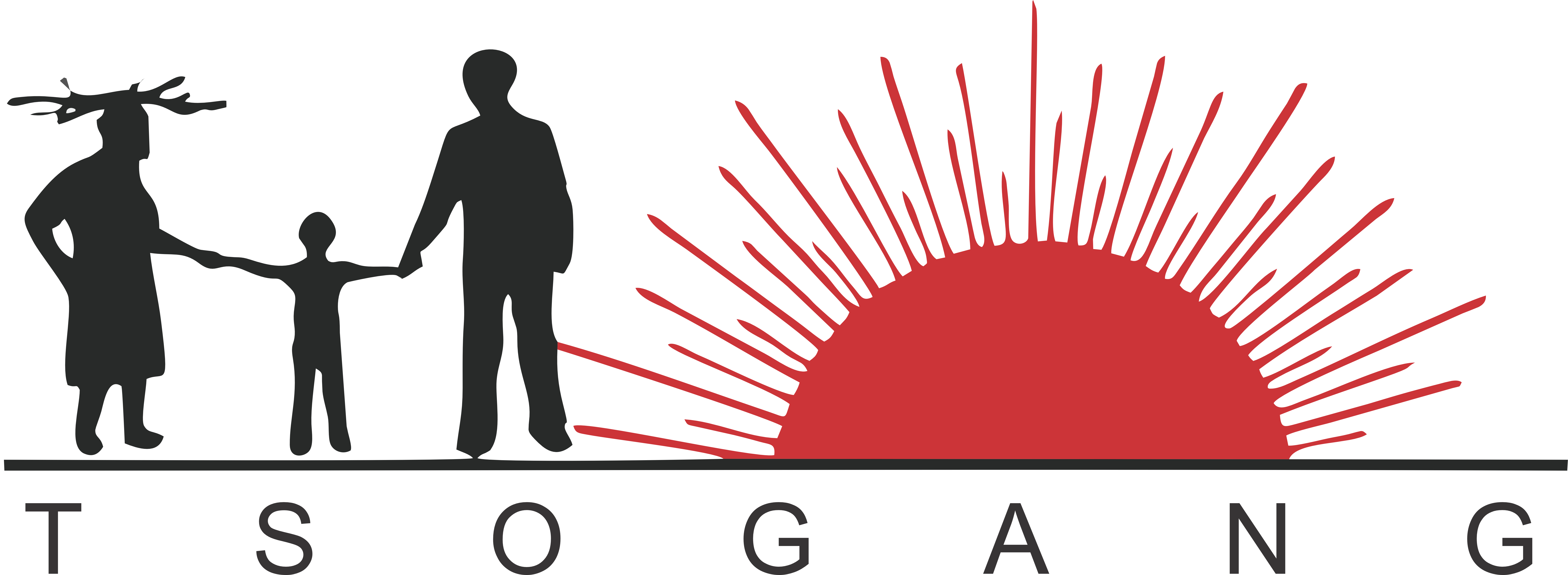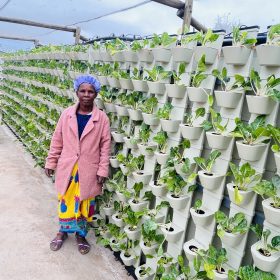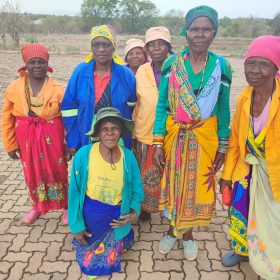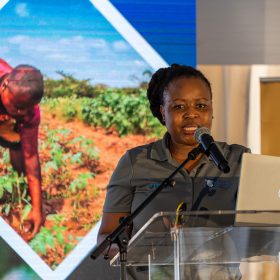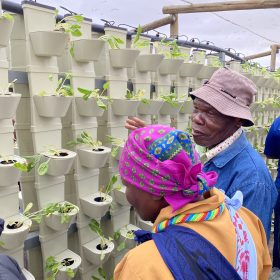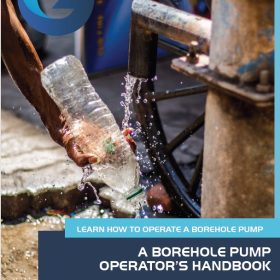The Story Behind This Project
Climate change poses a global challenge with far-reaching impacts on critical sectors such as water, energy, and agriculture. In response, the Government of Flanders has allocated funding to a program aimed at addressing climate change and improving water utilization in the Giyani Municipal area. Led by the esteemed Water Research Commission (WRC) in collaboration with Tsogang Water and Sanitation (Tsogang), the Association for Water and Rural Development (AWARD), and the University of the Western Cape (UWC), this program endeavours to demonstrate climate-adaptive solutions and enhance water utilization practices in Giyani.
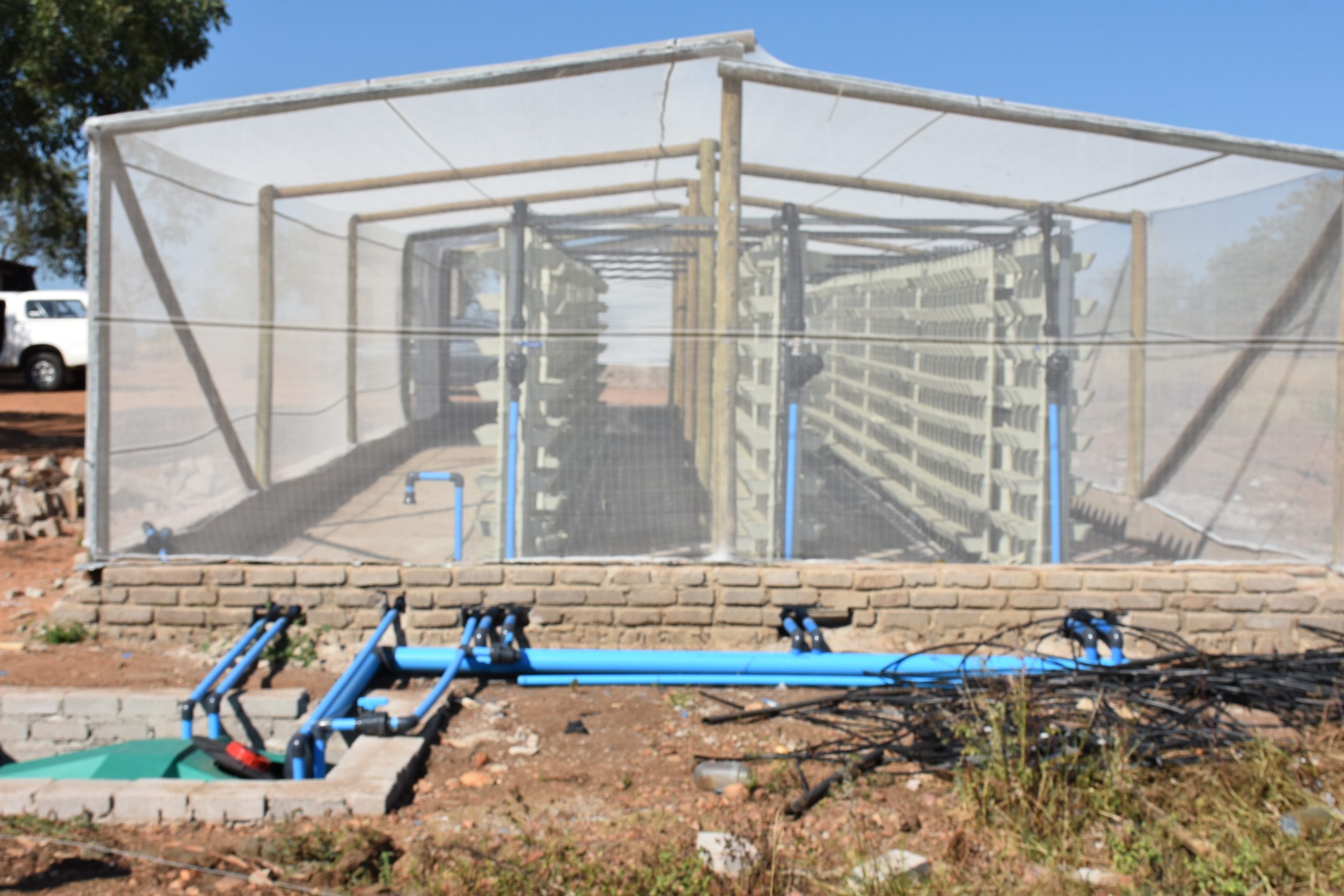
Our Journey So Far
Start
2024-07-01
Complete
Completed
Complete
2025-05-31
What We’re Aiming For
The GLSCRP is a multifaceted initiative designed to showcase innovative approaches and strategies for adapting to climate change in the Giyani region. By integrating scientific research, community engagement, and policy interventions, the program seeks to address the pressing challenges in water utilization exacerbated by climate change. Through capacity building, infrastructure development, and knowledge exchange, the GLSCRP aims to empower local communities to better manage their water resources and build resilience against climate-related risks.
What We’re Doing
(MUS) Multiple Use Water Services The program promotes the adoption and expansion of the MUS model, which emphasizes the integrated use of water for multiple purposes, such as domestic use, agriculture, livestock, and small-scale enterprises. By implementing MUS systems, the program aims to enhance water availability and access, improve livelihoods, and strengthen local resilience to climate change.
What We Hope to Achieve
The GLSCRP engages in collaborative initiatives across nine pilot sites, complementing municipal infrastructure programs.
Where We’re Working
Giyani
Meet the Team
Derick du Toit
Funders
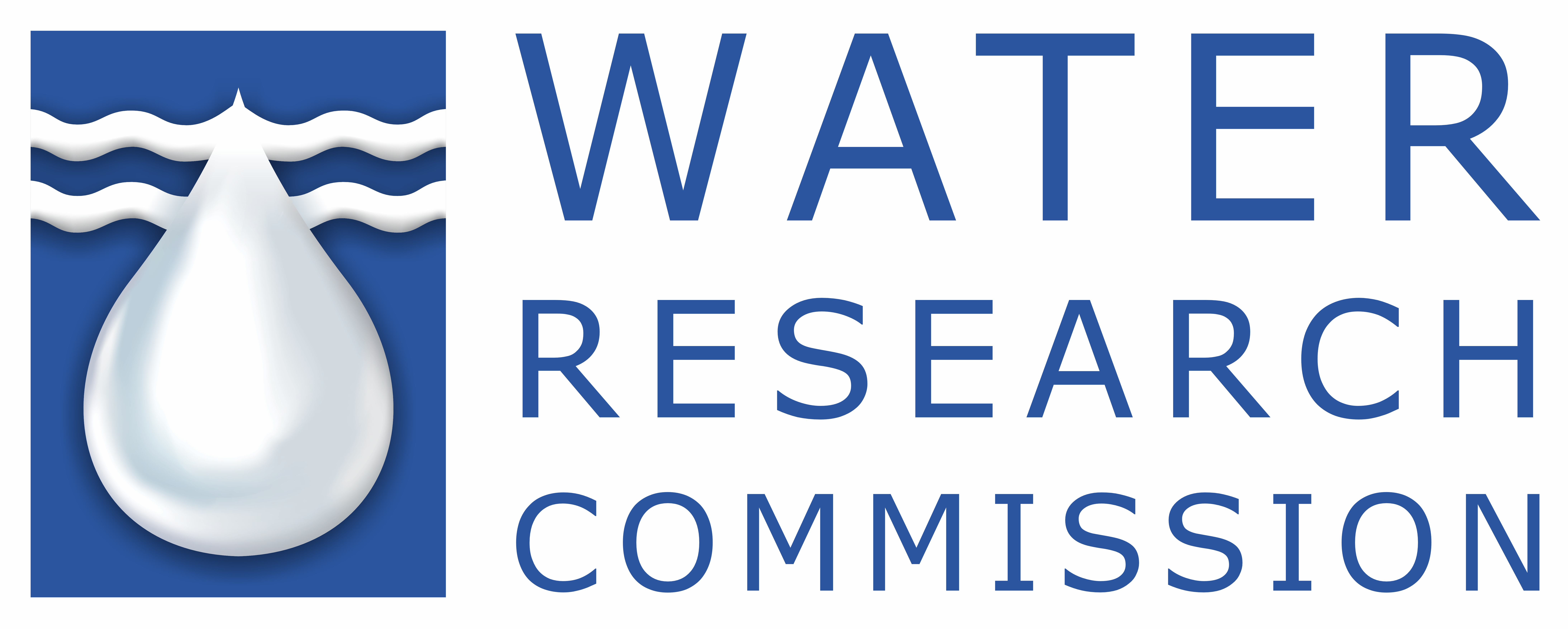
Water Research Commission
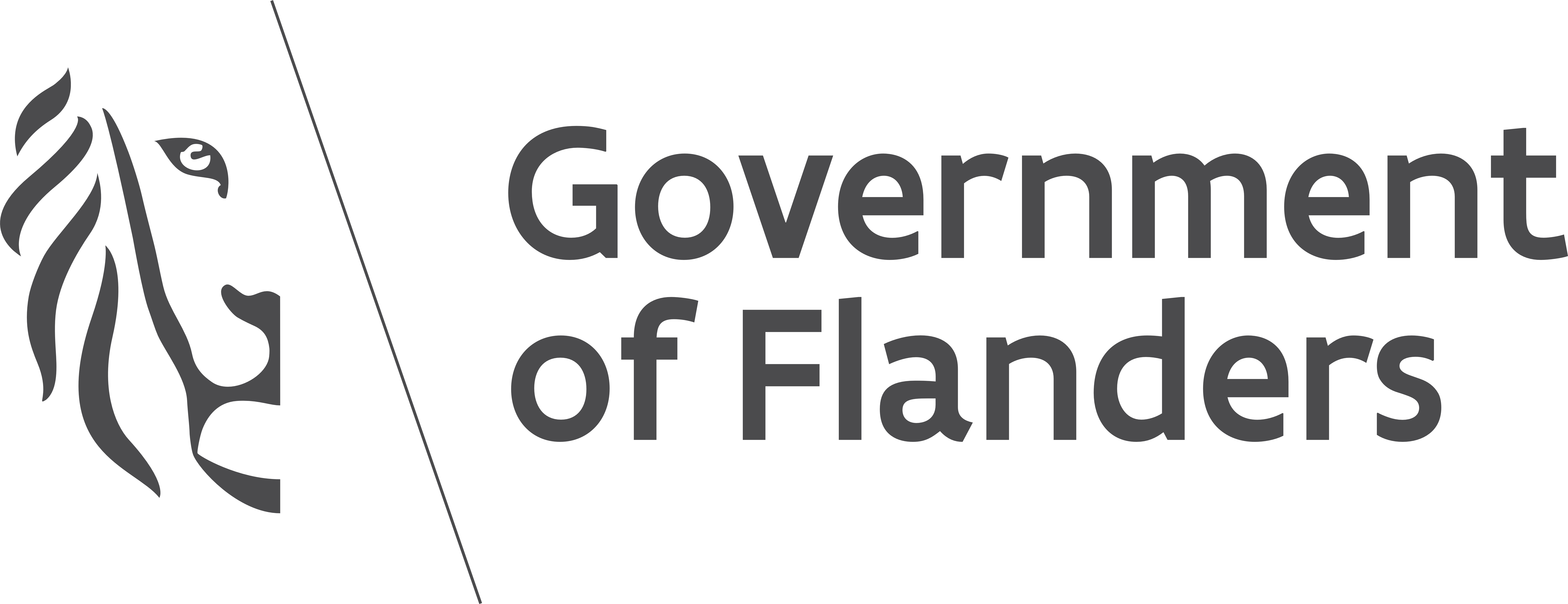
Government of Flanders
Our Collaborators
